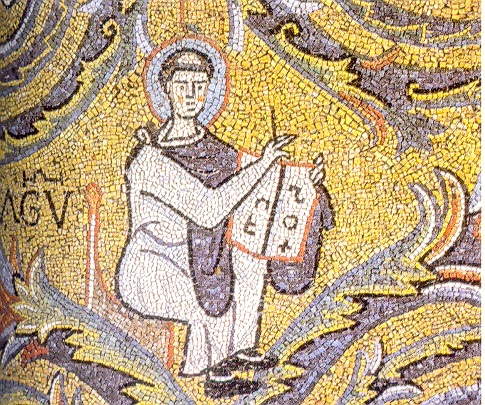29 V: Przemysław Nehring (UMK) & Aldona Glińska-Neweś (UMK): Augustine’s Sermons 355-356 – Communication Strategy in an Institution’s Reputational Crisis – Rhetorical Analysis vs Modern Crisis Management Theory

This paper examines Bishop Augustine’s crisis communication strategy during the “Januarius affair” of 425-426 CE, when the aging bishop delivered two sermons to defend both his monastic institution and personal reputation. The crisis centered on presbyter Januarius, who violated Augustine’s foundational monastic principle by retaining private property and then creating family discord by bequeathing it to the church rather than his children. Augustine faced a difficult dilemma: accepting the inheritance would acknowledge his tolerance of private property among clergy and deprive Januarius’ children of their expected inheritance, while rejecting it could suggest negligence in securing church resources.
The analysis employs two theoretical frameworks: contemporary Situational Crisis Communication Theory (SCCT) and the ancient rhetorical theory of staseis for defensive argumentation. This dual theoretical approach not only reveals Augustine’s sophisticated crisis management techniques that anticipated modern principles, but also enriches SCCT by demonstrating how ancient rhetorical strategies maintain relevance across historical contexts, thereby offering valuable insights for contemporary organizational crisis management practices.
